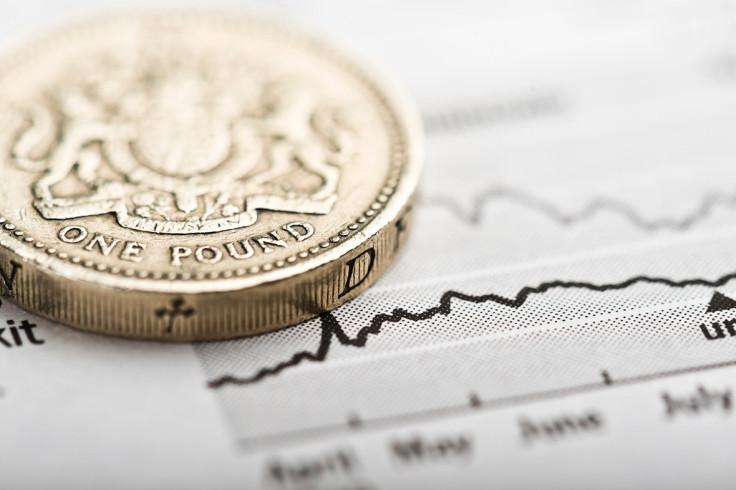FX Focus: Pound hits two-week low against dollar amid increasing political uncertainty
Euro remains weak amid dovish rhetoric from ECB and concerns over political situation in France.

The pound slipped against its main rivals on Tuesday (7 February), touching its lowest level in two weeks against the greenback following disappointing economic data and ongoing uncertainty surrounding the Brexit process.
Sterling hit a two-week low of $1.2350 earlier in the session, and was not far off that level by early afternoon, trading 0.95% lower against the dollar at $1.2351. The UK currency also fell 0.17% against the euro, fetching €1.1578.
The decline came after a report from Halifax showed a first monthly drop in UK house prices for five months, while the British Retail Consortium reported an unexpected decline in like-for-like sales in January.
"Retail sales growth cooled markedly in January after the December splurge," said Neil Wilson, senior market analyst at ETX Capital.
"[it was to] be expected perhaps, but with UK growth a consumer-led phenomenon at present these retail sales figures are crucial."
Overnight, a series of Article 50 Bill amendments failed, spooking investors' mood as the the process of taking Britain out of the European Union remains clouded in uncertainty.
Meanwhile, a poll conducted by Reuters found analysts expect sterling to decline again once Britain formally begins the process of withdrawing from the European Union. The UK currency has fallen approximately 15% since the Brexit vote on 23 June, although the economy has defied doom and gloom forecasts, remaining relatively resilient over the last eight months.
However, the survey, which canvassed the opinion of over 60 foreign exchange analysts, found in one month's time a pound will be worth $1.23, before declining to $1.21 within three months. Only a third of those surveyed suggested the pound could climb above $1.27, while none expected sterling to reach its pre-referendum level of $1.48.
Over in Europe, the euro sank 0.72% against the dollar, trading at $1.0673 on the back of heightened political uncertainty and dovish comments from European Central Bank President Mario Draghi.
"Draghi's comments yesterday about the need for stimulus in the Eurozone despite rising inflation, alongside the damage the currency would suffer if Marine Le Pen becomes the next French president, are dragging it lower, " said Spreadex's financial analyst Connor Campbell.
Elsewhere, the dollar staged a solid rebound after a difficult couple of days. The greenback gained 0.59% against the yen, trading at ¥112.40 and was 0.70% and 0.74% higher against the Canadian dollar and the Swiss Franc, trading at CAD$1.3175 and CHF0.9985 respectively.
"The market has decided that the dollar should resume its reign," said Fawad Razaqzada, market analyst at Forex.com.
"Perhaps it was that strong 227,000 rise in headline employment for the month of January that triggered this latest bounce in the dollar as it reinforces the view that there will be at least a couple of interest rate rises coming up this year, thanks to an improving economy."
© Copyright IBTimes 2025. All rights reserved.




















